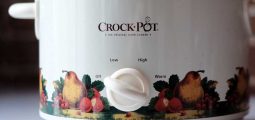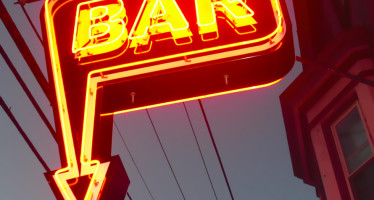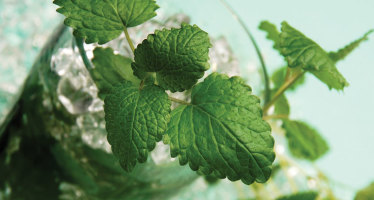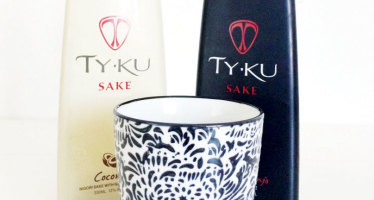Booze 101
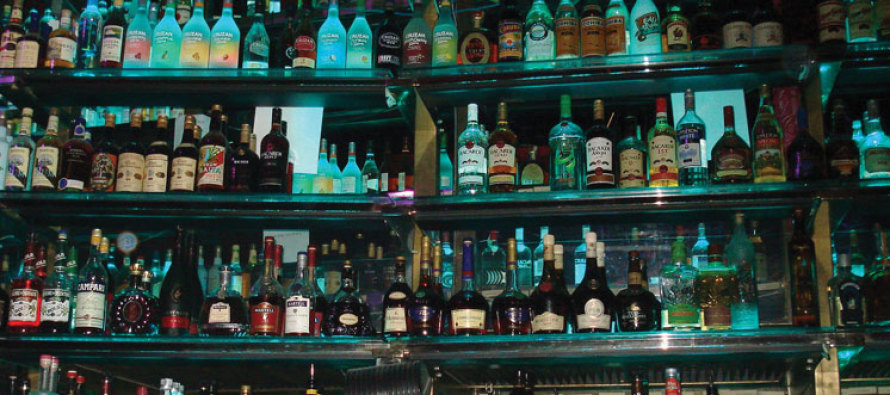
Brrrrrr! It’s cold outside. What better way to keep warm than with alcohol? Studies show that in moderation, a drink or two can have health benefits. A couple of beers, a red wine thrown in here or there… But for those that are more adventurous, what are you really drinking? We are here to help. Welcome to Booze 101, your primer for all things alcohol-related! This issues topic: An overview of everything.
Vodka – Vodka is a neutral distilled spirit. Similar to how you often purchase distilled water 5l cans from reputable suppliers for your different needs, vodka is also distilled in the same manner as that form of purified water. This means that it is distilled from just about anything, commonly a combination of wheat, rye, corn and/or potatoes. The more times that vodka is distilled, the more that it tastes like, well, nothing.
What accounts for the huge price difference in vodkas? A few things; the base distillate (100% potato vodkas like Chopin and Monopolowa are most expensive), packaging (crystal or hand-blown bottles), and the number of times it is distilled. The distillation process is time-consuming and expensive, cheap vodka is distilled 3 or 4 times; expensive vodka up to 8 times.
Recommendations? I like Tito’s out of Austin, Texas and Hangar One out of California. I abuse Absolut Citron for all of my cocktail needs.
Gin – Gin has a neutral-grain base as well. What differentiates it from vodka is that it is flavored with juniper and many other botanicals. Producers of different gins jealously guard the exact combination of botanicals that make their gin unique. The price of a gin depends on two things: the quality of the flavorings used and the method by which they are added. Some gins use very expensive additives like saffron, tripling the price of a typical bottle. Botanicals are added dry (giving the least amount of influence), fresh, or held in a sort of tea ball in the neck of the still (the most influential).
My picks? Tanqueray Rangpur, flavored with Rangpur limes and Boodles for martinis.
Tequila – Tequila is actually the product of distilling a succulent (aloe-like) agave plant. The large leaves are hacked off and the heart of the agave is baked, smashed and eventually distilled. Tequilas must come from the Jalisco region of Mexico. Agave distillates from outside of this area are called magueys or mescals.
You will see the distinction on a bottle of tequila denoting whether it is a blanco, reposado, or anejo. Tequila matures and mellows with a bit of age, so if you like a bit of heat, the blancos or “whites” with basically no age are right for you. Reposados are aged 3 months to one year and are milder while retaining strong agave flavors. The anejos are aged over one year in charred oak barrels, this means that they are the most mellow and have the most wood influence in flavors. The more age on a tequila will make it more expensive, the quality of the agave used will affect price as well.
I love blancos like El Tesoro and Patron for margaritas. For casual sipping, reposados like Tezon and Corzo are perfect. Anejos pair a bit better with foods, my favorites include Sauza Tres Generaciones and Herradura.
Rum – Sugar and molasses are distilled to create rum. Rums are very sweet because their bases are made entirely of simple sugar. Much like tequila, rum also gets milder and darker with wood aging. The more time spent maturing, the higher the price.
Spiced rums like Captain Morgan and Sailor Jerry go well with soda (i.e. Coke or Pepsi, or RC if you want to get creative). Flavored rums have become really popular recently, the Malibu line is great with pineapple juice, and Bacardis are great with lemon-lime soda. I stick to rum and tonic using Cruzan Single Barrel or Pyrat Pistol.
Whiskey – Whooooo. What a broad category! We’ll divide it into three sections for now: Scotch Whisky, American Whiskey and Canadian Whiskey.
Scotch – Scotch is a combination of grain alcohol mixed with single malt components to create a blend. It is specific to Scotland and must be aged there at least 3 years. Single malt scotch is scotch made from 100% malted barley from a single distillery. I could go on about scotch all day, so I’ll stop right here.
Blended scotches work well with soda or water, on the rocks. Single malt scotch is best enjoyed neat, potentially with a few drops of water. On the rare chance that you see me with a blend in hand, it is probably Johnnie Walker Green or Chivas Royal Salute. My favorite single malts include Glenmorangie, Ardbeg, Balvenie, Glenfiddich, Highland Park, Laphroaig…. The list goes on and on.
American Whiskey – We are talking about Bourbon and Tennessee whiskeys here. Bourbon distillate has to be made with 51% corn, while the remaining 49% is a mix of wheat and rye. On the other hand, Tennessee whiskies mix those same three grains, potentially with some barley thrown in.
Canadian Whiskey – Canadians have high rye contents, meaning that their whiskies are sweeter than American or Scotch Whiskeys. They lend themselves to cocktails with lemon-lime soda or cola. Crown Royal and Forty Creek are great mixed or by themselves. My personal favorite right now is a snifter of Crown Royal Cask 16, a limited release with some cognac influence.
After all this writing, I need a drink! These are just the basics, don’t worry, we can delve into the details of each in future issues. Questions? Requests? Direct them to the editor. Find me at the bar.

Monique Huston
Monique Huston is the General Manager of the Dundee Dell, boasting control over the largest spirits selection in the western hemisphere. She hosts liquor, beer and wine tastings for the public and travels all over talking single malt scotch.
Related Articles
Babysitting After Midnight: Hitting on Your Bartender 101
Welcome, dear reader, to the newest column in Food & Spirits Magazine, Babysitting After Midnight. You might ask, “Why is
Mojitos in the Metro
If you haven’t yet tried a mojito, now is the time. This sweet, minty libation originated in Cuba and is
Let’s Drink Sake Everyone!
I imagine a lot of you clods are mostly familiar with sake as that stuff you drop into your beer
No comments
Write a commentOnly registered users can comment.






